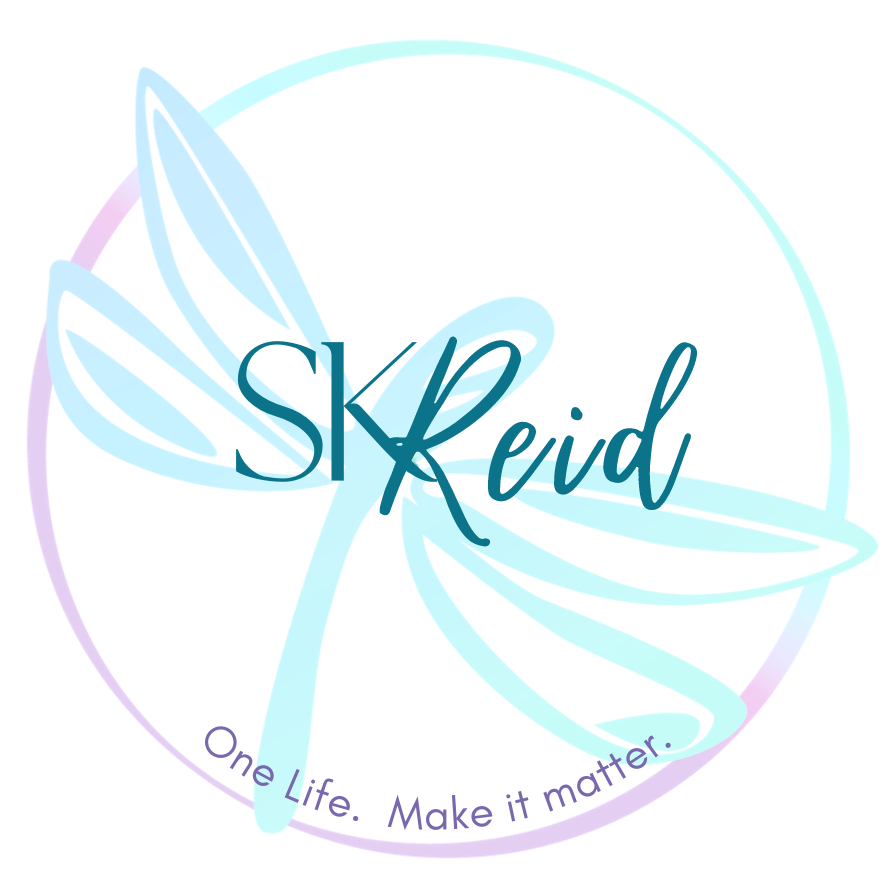An Unforgettable Milestone
Recently, the world passed the 4 million deaths from the COVID-19 milestone.
This is not a milestone anyone wants to know about.
In fact, unless we are directly affected by Covid-19, it’s easier to turn away from what’s happening.
After all, it's been inordinately stressful for everyone to one extent or another.
Even though we may be able to turn our backs on the stress of it all, we may still be affected by the fallout from Covid and life in the New Normal.
Because what the pandemic has shown the world is that things we take for granted like being able to go to the shops or have a hug with a loved one or the freedom to travel or the freedom to leave our homes, go to the office, go to our job, catch up and socialise with friends, do workshops, classes, go on excursions, on holidays or vacations, eating out, going to see a live band, going to a concert, getting some in-store retail therapy, going hiking, and a host of other things that everyone simple expected and knew to always be there.
Even the Olympics. For the first time in the game's history, spectators will be banned due to the pandemic. First, it was rescheduled, now this. Japan has declared a state of emergency due to the pandemic, here in 2021, because COVID is very much NOT a thing of the past.
In many respects, this is a lot like what happens to someone when other traumatic events take place. Recently, a building collapsed in Miami killing many people and shocking many more.
Think about it. You kiss your husband goodbye in the afternoon as you head off to visit a friend but there is no home to return to the next day because the building fell over and he was crushed. Suddenly, your world is turned upside down as the nightmare of the unexpected unfolds in your life.
This shocking scenario plays out over and over across the planet. People going about their normal day-to-day lives and suddenly their lives are turned upside down through grief, through trauma, through life-challenging situations.
The triggering event that turns your life upside down might be a house fire, a car accident, a workplace fatality, a wildfire or bushfire, an earthquake or other natural disaster.
Trauma happens to people all the time. Trauma is real and it can turn your world inside out. Trauma rips the carpet out from under your feet and makes everything that was once known and certain suddenly uncertain and disturbing.
Defining Trauma
Trauma is broadly defined as a deeply disturbing experience. Some people may be okay after exposure to trauma. Some people however may go on to develop PTSD - post-traumatic stress disorder. This can be life-changing and enormously distressing to the person affected.
Some people can and do go on to experience what is called ‘post-traumatic growth’ or PTG whereby something positive eventually emerges from the negative experience. Please note - just because you may not experience PTG, this does not mean that you are malingering or defective: everyone responds to trauma differently, just as they do with grief.
The global pandemic has been traumatic for many people. For some, it may not have been experienced as traumatic. If you live in an area that has not been in lockdown or have had low case numbers then your exposure and likelihood of traumatic experience may not be as significant as it may be for someone who has been in lockdown or been sick with Covid or lost a loved one to the disease.
Nevertheless, even if you have not been directly affected, the knowledge of what has happened and how our lives have changed bubbles away in the back of our minds - a new knowledge that the world we once took for granted will never actually be the same again. There is a kind of trauma known as vicarious trauma in which an individual is affected by being exposed to the stories of other people’s trauma. This is very common in the helping and health professions, as well as for emergency services, law enforcement and the legal profession.
It is also something that we all have the potential to be vulnerable to with the global pandemic because we are exposed to it on the nightly news and it is difficult to get away from the constant knowledge of what is happening in the world.
As diverse and varied as our experience of trauma is, there are very few people in the world who have not been impacted in some way by Covid-19, the fallout of the pandemic and the strange new world of the new covid normal - whatever that eventually looks like.
That very few people have been impacted is a disturbing fact and is significant in the sense that these global events only happen every so often throughout history: we are witnessing history!
For many people, the impact of the global pandemic can be a destabilising thought to contemplate. Many people are struggling. Many people adjust okay. Many seem to think that they will remain immune from not just the disease itself but all of the fallout from the disease. Things such as supply chains for food distribution being impacted, the certainty of fuel reserves, the delivery of electricity, the certainty of supermarket shelves being stocked with items we assume to be there may not be given a second thought. Yet any significant disaster such as a global pandemic raises questions about the certainty of these assumptions.
As I write these words, new variants of Covid-19 emerge causing havoc and headaches for all concerned in managing the disease at the state health management level (health care system., researchers, emergency management coordinators etc).
Having trained as a paramedic, and been a volunteer firefighter for many years as well as having taught people about how to prepare for and survive bushfires, I have witnessed first-hand the aftermath of disasters, small or large, and seen what happens to people who think these disasters only happen to others but then wind up having their world turned upside down as they personally then find themselves dealing with a disaster or emergency.
As part of my training as a paramedic, we studied things like Major Incidents, as well as pandemic preparedness and response.
This pandemic is similar to disasters and emergencies on so many levels. This is why having a way to deal with and prepare for the fallout from disaster is so important. Especially for our wellbeing and mental health.
In my next blog post, I will talk about some of the mental health aspects of disasters and traumas and talk about the potentially catastrophic impact on our health this might have.
Let's be Pen Pals!
I would love for you to join my email list for (very) occasional updates! You can join up at the form below - scroll down to the very bottom of the page. Can't wait to see you on the other side! |

